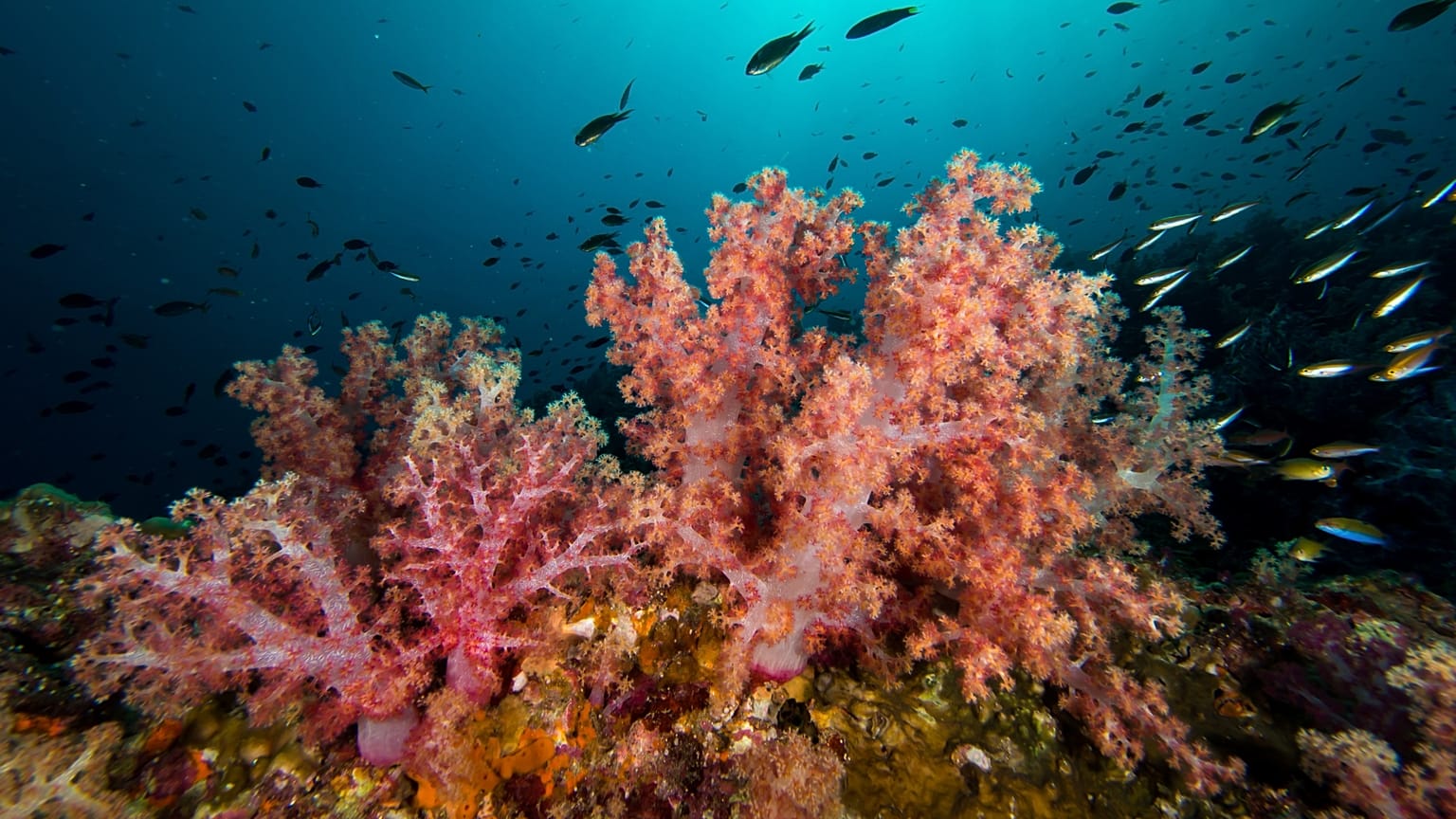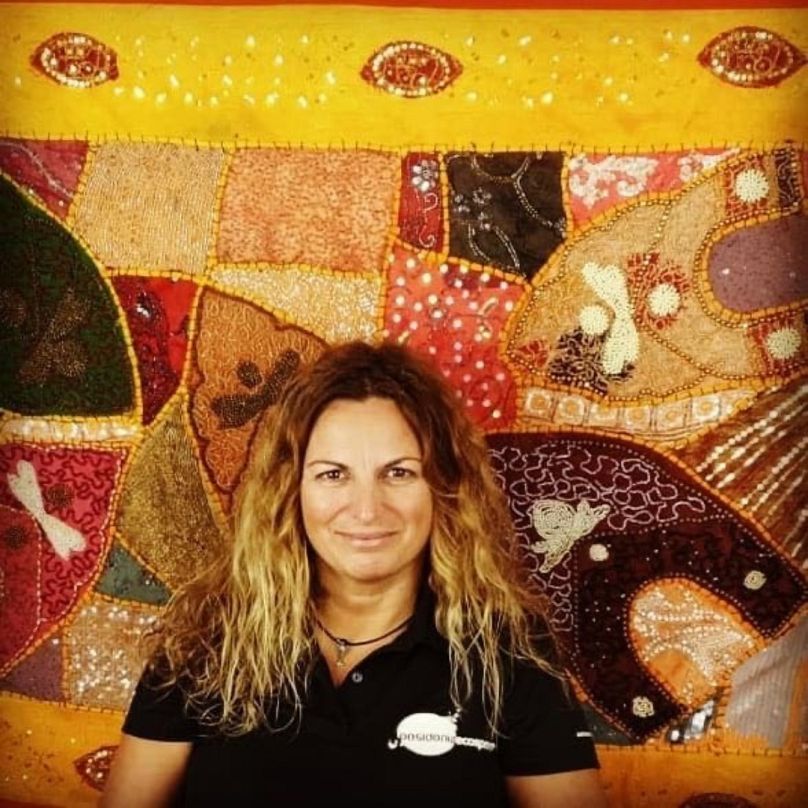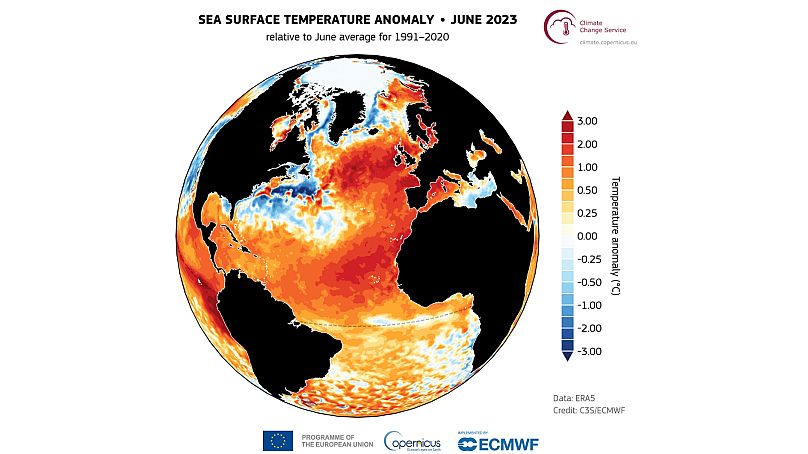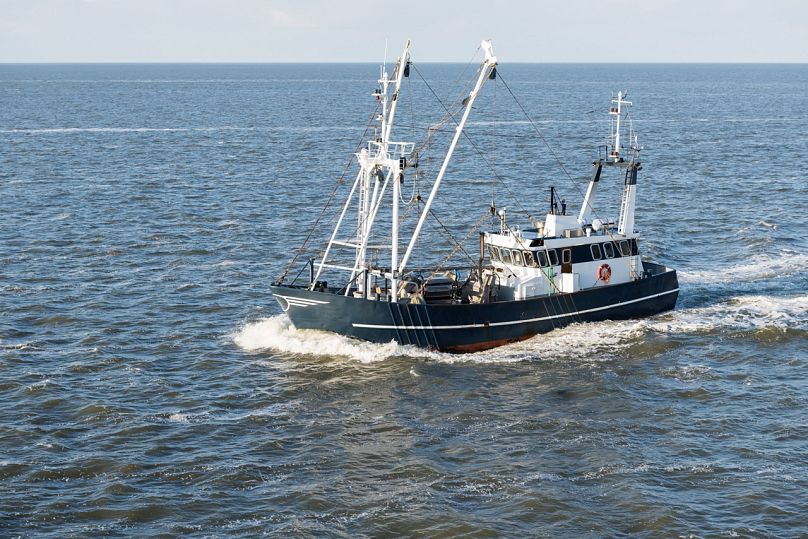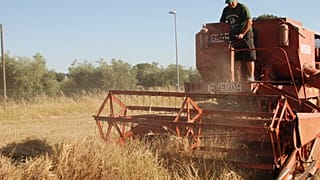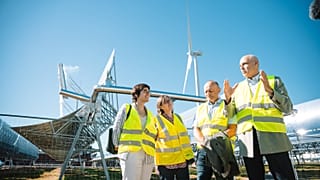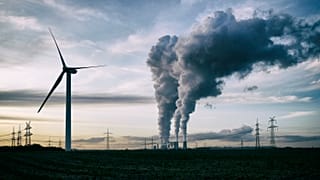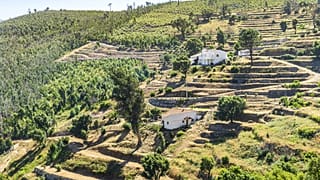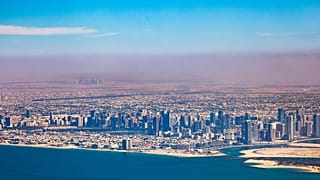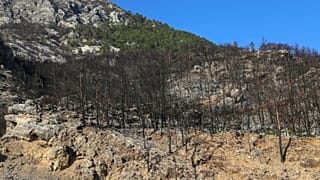By Annabel Murphy
“Everything that we need to survive - food, clean air and water - depends on how healthy our natural environment is. As the species at the top of the food chain, we have to protect it because we need it more than it needs us. It’s as simple and as urgent as that.”
That’s according to Dr Mercedes Varela, a marine biologist at the University of Alicante and founder of Posidonia Ecosports, an environmental education and diving school on the south east coast of Spain.
Dr Varela has been studying Europe’s marine life for over twenty years and believes the impact of climate change, excessive pollution and human activity will have a dramatic effect on food supply and the European quality of life if more isn’t done to preserve and restore it.
Her passion to inspire others to see the natural habitat as something that is interdependent to human existence was one of the main reasons she founded the school over 10 years ago.
“I wanted to use my background in marine biology to show divers the beauty of our oceans whilst also educating them on the destructive changes we are seeing because of human activity.
“Earth is over 4.5 billion years old and during this time different species have been completely wiped out by extraordinary events. Climate change is an extraordinary event - nature will not keep providing the happy, liveable and healthy lifestyle it affords us now if we don’t protect it,” she said.
Marine heatwaves: Not a one-off occurrence
As global atmospheric temperatures rise, so do the temperatures of Earth’s oceans.
The Copernicus Climate Change Service (C3S), part of the European Union's Earth Observation Programme, last month recorded North Atlantic sea surface temperatures at 0.91°C above normal ranges, around 0.5°C higher than the previous warmest June in 2010.
Scientists from the World Meteorological Organization and C3S also noted that the rates of surface ocean warming, particularly in the eastern Mediterranean Sea, the Baltic and Black Seas, and the southern Arctic were more than three times the global average, leading to heat stress and the degradation of marine ecosystems.
According to the Intergovernmental Panel on Climate Change (IPCC), oceans have absorbed more than 90 per cent of the excess heat in the atmosphere to date which depletes the oxygen levels and affects the transport of nutrients in the water's complex layering system.
Back on the water, Varela observes what these statistics mean in a practical sense to native corals, algae, plants and to fish populations. She says that the Caulerpa cylindracea, an invasive algae, has been growing more frequently whereas the native Posidonia seagrass is being destroyed because of warmer temperatures.
As well, the arrival of invasive fishes species to the Mediterranean such as the dominant Atlantic barracuda is reducing the genetic biodiversity and normal functioning of the ecosystem.
“I’ve been working with the ocean for many years and from my perspective you see what is happening and understand the flow on effect this will have on the stability and reliability of the food chain, for commercial fisheries and for the local community,” she said.
Impact on breeding levels and survival rates
Further north of the Mediterranean, Niels Hintzen, the chief science officer at the Pelagic Freezer Trawler Association in the Netherlands is at IJmuiden, one of the largest ports for fishing trawlers in the country. He oversees a wide range of data that is collected from fishing vessels so ecosystems can be monitored over time.
He says that whilst significant changes in the distribution of pelagic fish, that is fish found in open waters, are not being observed yet in the North Seas, if temperatures continue to increase and for longer periods, it could impact breeding levels and survival rates.
“We definitely see some species such as anchovies and sardines shift to northerly distributions. We've also had a huge redistribution of the mackerel stock going all the way up to very northern areas of Norway, all the way to Greenland.
“For every change in distribution shift we see, we can’t be sure if these are one-off events or part of a broader pattern caused by warming ocean temperatures or other climate-related reasons so more research is needed.”
Redistributions of fish populations as a result of warming oceans could also impact the productivity of fisheries and the marine economy long-term.
Herring, for example, is a traditional Dutch fish that needs certain habitats in order to spawn. If climate change leads to mass migration further north, herring in the North Sea may have to abandon their spawning habitats leading to a loss of the species in the North Sea.
“Will Dutch fishermen have the same right to fish for herring if they are no longer found in the North Sea? Climate change may therefore have significant consequences for fishing opportunities too,” he observed.
Preparing for climate-related shocks
To support stakeholders adapt to climate change, marine scientists at Copernicus have developed a range of data-driven climate services using satellite, in-situ data and climate models to promote the sustainable use of the marine environment.
The Marine Spatial Planning app is one such tool that provides technical data on environmental indications such as temperatures, PH and acidity levels so users can make more informed decisions regarding use of the ocean ecosystem.
“We have to prepare and climate services play a key in helping industry deal with subsequent climate-related shocks so they can help build resilience and operate more sustainability,” said Samantha Burgess, deputy director for Copernicus Climate Change Service.
“The gradual warming of oceans that has led to marine heatwaves cannot be considered a one-off occurrence - these events in the ocean and atmosphere are part of a pattern," she added.
But preserving nature and acting more sustainability is something, Varela argues, that comes back to each individual and the decisions they make in everyday life.
“Having a local mindset and thinking about what you can control is really important. I am optimistic things can change and more people will be empowered enough to realise that we desperately need a healthy natural environment,” she said.
“It’s everybody’s business because our survival depends on it.”

